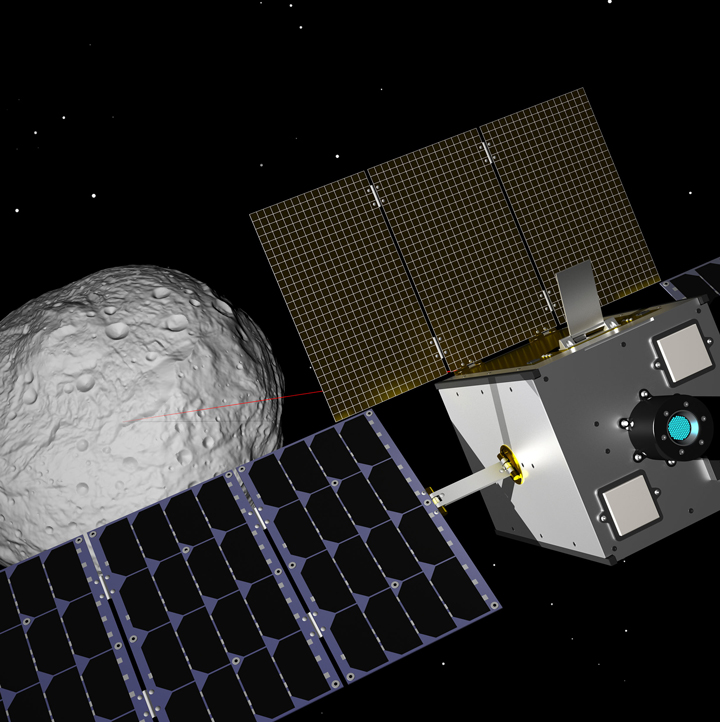Satellite Projects
Small sats and CubeSats are proving to be very useful for in-orbit demonstration as well as dedicated space missions.
Supporting their development ESA encourage a new approach to spacecraft integration and highlights an affordable way to deploy small payloads. CubeSats also bring great versatility to space exploration and are helping discover new knowledge in our Solar System, as demonstrated by the Hera Mission (which will fly with two CubeSats onboard).
The Satellite Project Office is responsible for:
The Satellite Project Office is responsible for:
Management of small satellite and CubeSat missions for in-orbit demonstration implemented within ESA’s TEC Directorate
Support for small platform and CubeSat development in collaboration with ESA Programmes
Provision of technical support to Programme Directorates, as required, in the area of small satellite and CubeSat systems
Management of technology developments related to small satellites and CubeSat missions.
Proba 3 project management and implementation.
Past and Current Missions:
Proba – 1
Launched on 22 October 2001.
The Project for On-Board Autonomy-1 (PROBA-1) was originally a technology demonstration mission of the European Space Agency, started in mid-1998 and funded within the frame of ESA's General Support Technology Programme.
Intended as a one-year mission, this small satellites - less than 1 cubic metre in size - has provided data since its launch on 22 October 2001 and is still operational today.
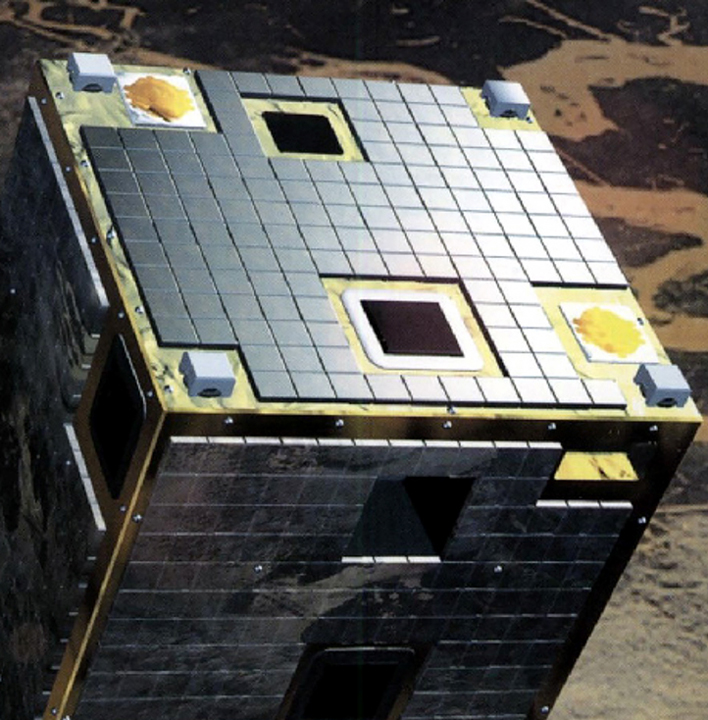
PROBA – 2
Launched on 2 November 2009.
Project for On-Board Autonomy-2.
PROBA – 2 is a follow-on ESA microsatellite technology demonstration mission to the PROBA mission (launch Oct. 21, 2001).
The PROBA – 2 goals embark on a scientific payload dedicated to sun observations and monitoring (space weather), and innovative platform subsystems with new advanced technologies such as propulsion systems with cold gas generator, Li-ion batteries, stellar compass and reaction wheels, solar array with concentrator, new central processor.
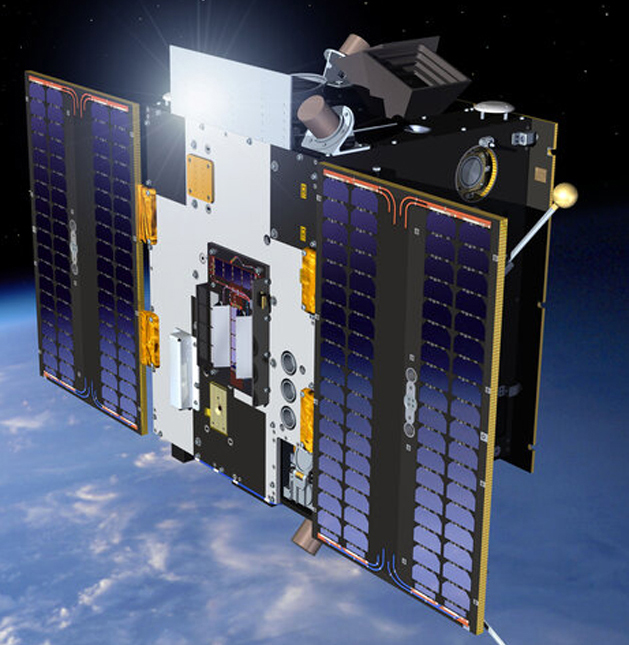
PROBA – V
PROBA – V launched on 7 May 2013.
PROBA – V is a miniaturised ESA satellite tasked with a full-scale mission to map land cover and vegetation growth across the entire planet every two days.
It is the latest in ESA's PROBA series of minisatellites, among the smallest satellites launched by the agency - each one less than a cubic metre in volume.
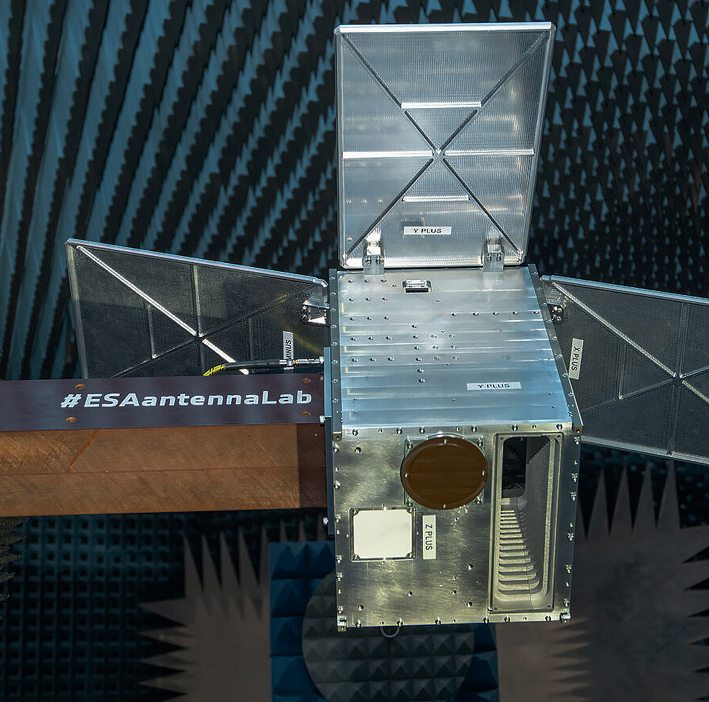
GomX-3
The satellite was deployed from the International Space Station on 5 October 2015.
Led by GomSpace in Denmark, GomX-3 is a 3-unit CubeSat mission to demonstrate aircraft ADS-B signal reception and geostationary telecommunication satellite spot beam signal quality using an L-band reconfigurable software-defined radio receiver.
A miniaturised high data rate X-band transmitter developed by Syrlinks and funded by France’s CNES space agency is being flown as a third-party payload.
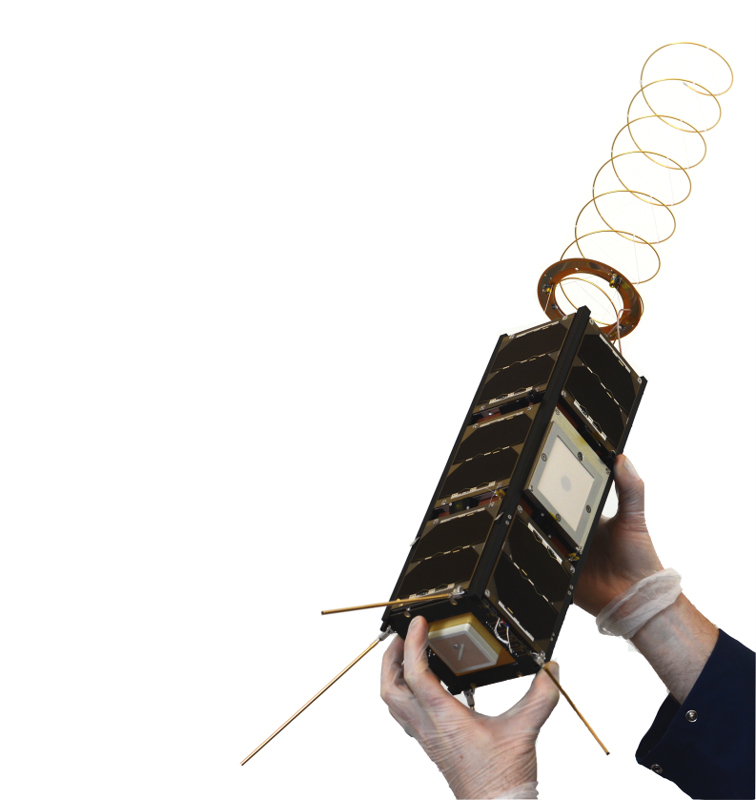
GomX-4B
Launched with its twin on 2 February 2018, GomX-4B is a 6-unit ESA CubeSat testing intersatellite links and a micro-propulsion system.
ESA’s latest mission has completed its in-orbit commissioning. The cereal-box-sized GomX-4B performed a transfer of data across hundreds of kilometres of space from its Danish twin.
On 2 February, the two GomX-4 CubeSats piggybacked to space into a 500 km altitude near-polar orbit after launch on a Long March 2D rocket from Jiuquan, in China’s Gobi Desert.
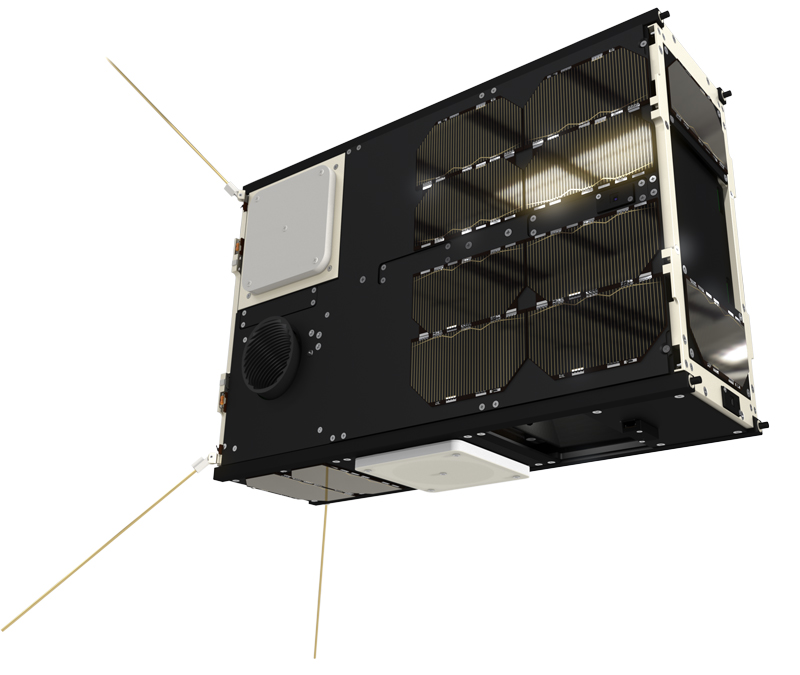
Qarman
Qarman deployed from the ISS on 19 February 2020.
The nanosatellite is a CubeSat made up of standardised 10-cm boxes: at just 30 cm in length it easily fitted aboard, stowed within the commercial Nanoracks CubeSat Deployment System.
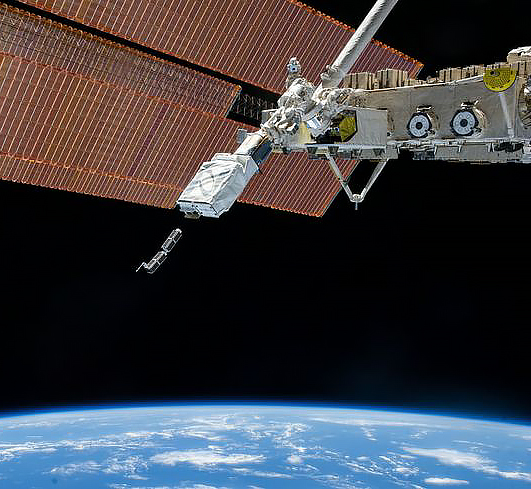
PICASSO
Launched on 2 September 2020 from Europe's Spaceport in French Guiana.
The PICo-satellite for Atmospheric and Space Science Observations, or PICASSO, developed with ESA by the Belgian Institute for Space Aeronomy (BISA), is a ‘3-unit’ CubeSat with two scientific payloads.
It hosts a cut-down spectrometer for monitoring the atmosphere, as well as sampling probes (called ‘SLP’) to measure space plasma around the nanosatellite.
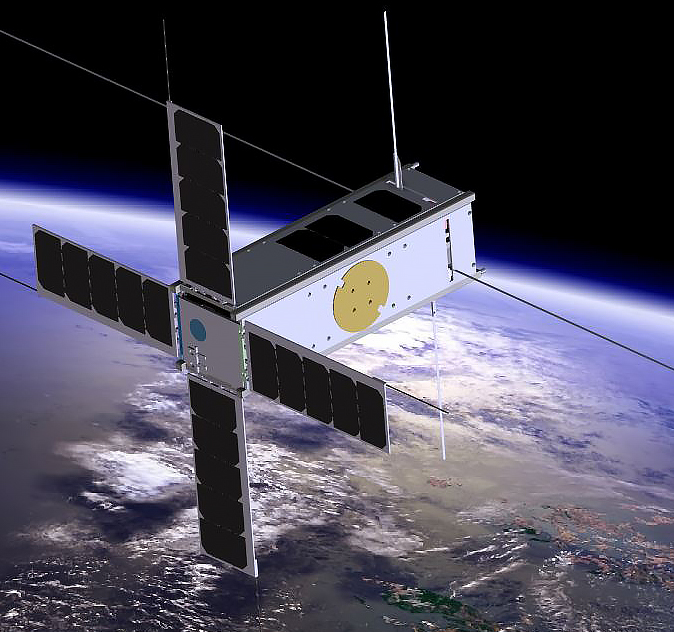
Simba
Launched on 2 September 2020.
Led by the Royal Meteorological Institute Belgium, Simba is a 3-unit CubeSat mission to measure the Total Solar Irradiance and Earth Radiation Budget climate variables with a miniaturised radiometer instrument, due to be launched in 2020 on the inaugural flight of the ESA's developed ‘Small Spacecraft Mission System’ dispenser – devoted to CubeSats and other small satellites – on a Vega launcher.
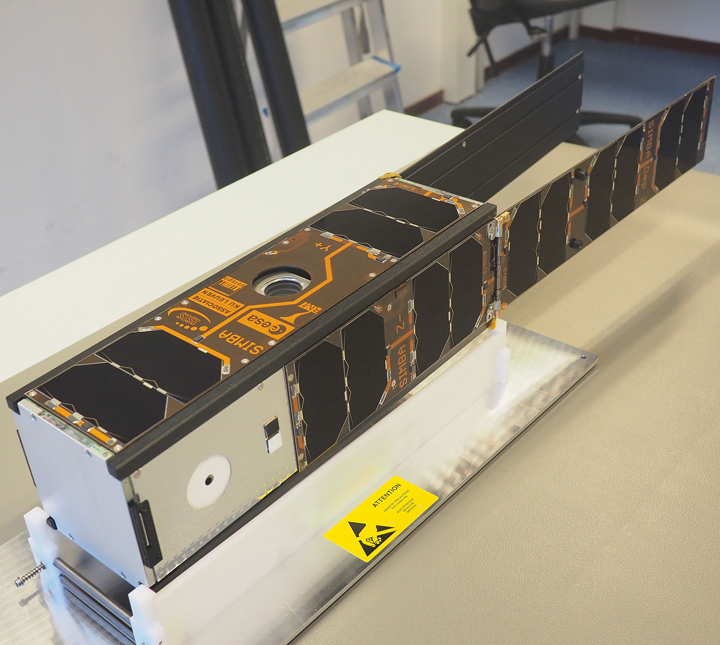
RadCube
RadCube was launched on Europe's Vega rocket, flight VV19, on 16 August 2021 from Europe's Spaceport in French Guiana.
RadCube (led by C3S with MTA EK in Hungary, Imperial College London in UK, and Astronika in Poland): a 3-unit CubeSat mission to demonstrate miniaturised instrument technologies that measure in-situ the space radiation and magnetic field environment in Low Earth Orbit for space weather monitoring purposes.
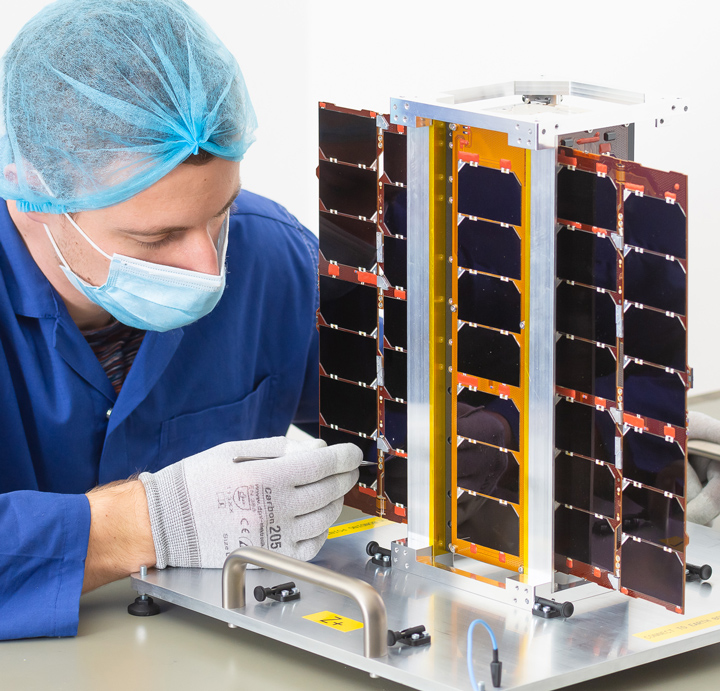
Sunstorm
Launched on Vega flight VV19 on 16 August 2021 from Europe's Spaceport in French Guiana for its space weather detection mission.
Sunstorm is the ESA’s latest technology CubeSat, with its power-giving solar arrays.
CubeSats are miniaturised satellites based on standardised 10 cm boxes. This ‘2-unit’ CubeSat will fly an innovative solar X-ray spectrometer to detect the X-ray pulses produced by coronal mass ejections – massive eruptions of many millions of tons of material from the Sun’s surface.
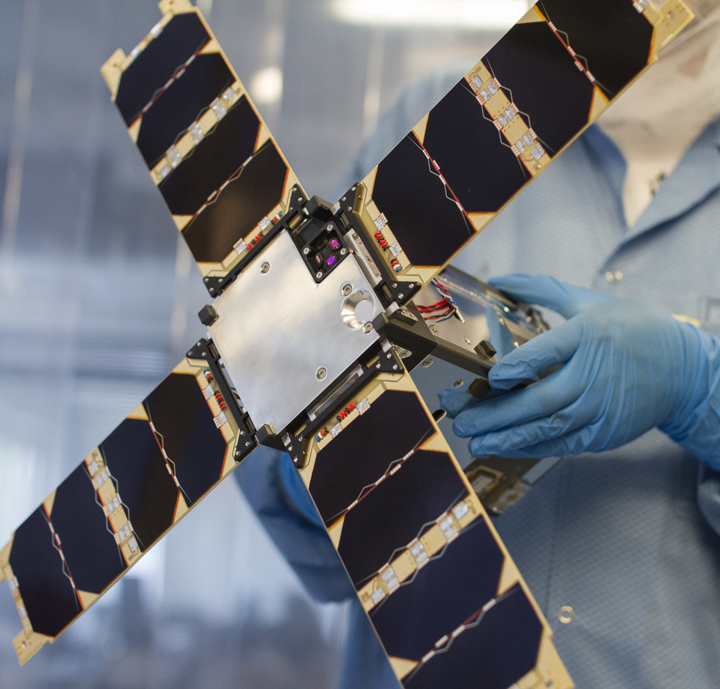
Current Missions in preparation
Hera
Hera – named after the Greek goddess of marriage – will be, along with NASA's DART spacecraft, humankind’s first probe to rendezvous with a binary asteroid system, a little understood class making up around 15% of all known asteroids.
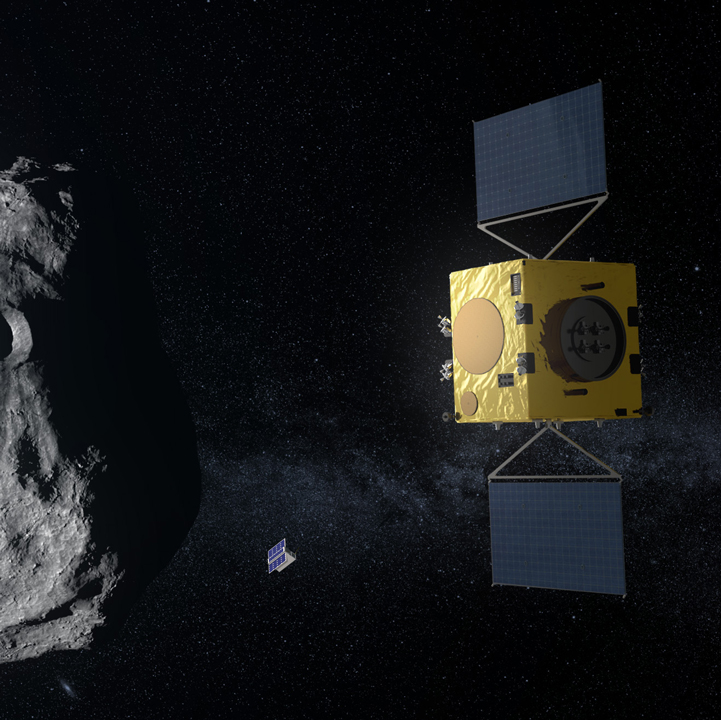
Proba – 3
Proba-3 is devoted to the demonstration of technologies and techniques for highly-precise satellite formation flying. It consists of two small satellites launched together that will separate apart to fly in tandem, to prepare for future multi-satellite missions flying as one virtual structure.
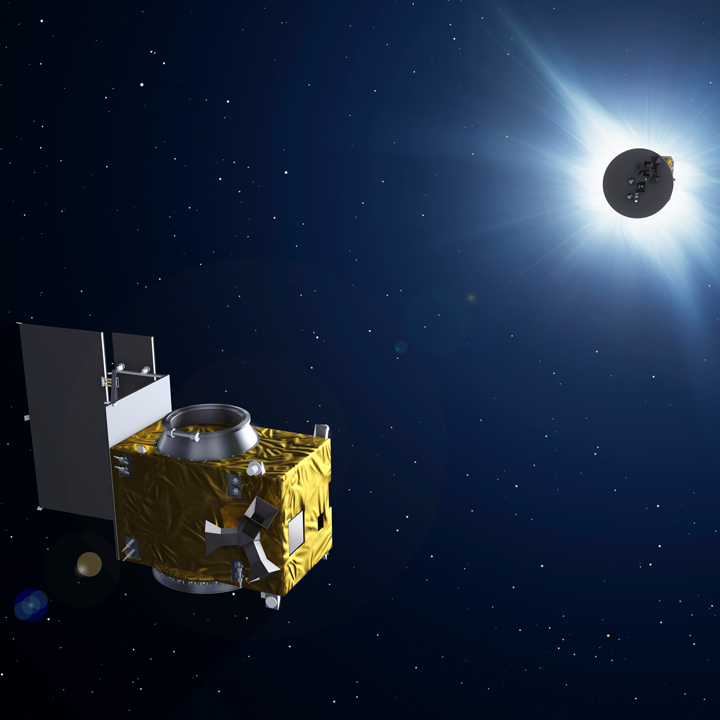
M-Argo
When M-Argo launches, it will be the smallest spacecraft to perform its own independent mission in interplanetary space. The Miniaturised Asteroid Remote Geophysical Observers (M-Argo) spacecraft will rendezvous with an asteroid to characterise its shape, the mass and to see what the surface is made up of, for example minerals that might be useful as future resources.
